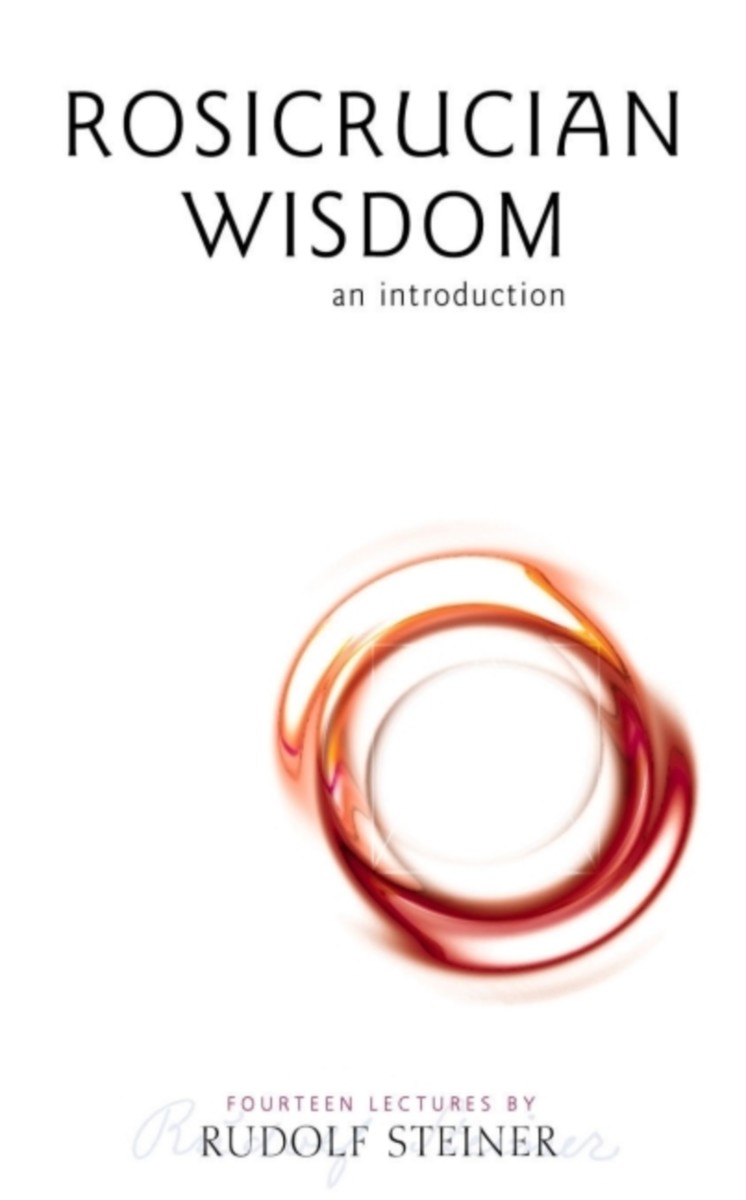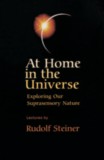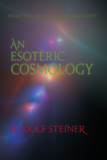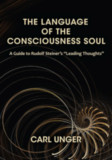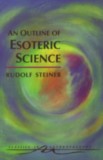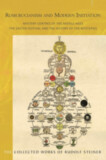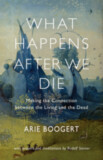Rosicrucian Wisdom
An Introduction (CW 99)
- Publisher
Rudolf Steiner Press - Published
1st August 2000 - ISBN 9781855840638
- Language English
- Pages 194 pp.
- Size 5.5" x 8.5"
14 lectures, Munich, May 22- June 6, 1907 (CW 99)
The work of Rudolf Steiner is unique in the way it combines esoteric teaching with practical suggestions for the development of social life. Indeed, we know Steiner today mostly because of the various applications of his ideas in such areas as education, medicine, and agriculture. However, society could not have developed any of these without the coherent and profound body of spiritual knowledge at the core of Steiner's work.
In Rosicrucian Wisdom—one of Rudolf Steiner’s most complete introductions to modern spirituality—he speaks from the very stream of Rosicrucian teaching. Rather than borrowing old ideas from historical tradition, however, he presents a wholly new contribution that arises from the results of his own experiential, spiritual research.
Steiner discusses of the Rosicrucian path as the one appropriate for modern spiritual seekers in the West. He warns the reader that Rosicrucian teaching should not be taken as abstract theory; rather than remaining in the head, or even in the heart, spiritual ideas should reach into daily action and transform all aspects of life. He goes on to describe many facets of spiritual truth, including the law of destiny, the fact of life after death, means of developing spiritual vision, humanity’s past and future evolution, and much more.
This volume contains one of the best lecture courses for gaining a deeper understanding of the spiritual principles behind Anthroposophy.
Rosicrucian Wisdom is a translation from the German Die Theosophie des Rosenkreuzers (GA 99).
A previous translation was titled The Theosophy of the Rosicrucians.
C O N T E N T S:
Introduction by Brien Masters
1. The New Form of Wisdom2. The Ninefold Constitution of the Human Being
3. The Elemental World and the Heaven World
4. Descent to a New Birth
5. Communal Life between Death and New Birth into the Physical World
6. The Law of Destiny
7. The Technique of Karma
8. Human Consciousness in the Seven Planetary Incarnations
9. Planetary Evolution, I
10. Planetary Evolution, II
11. The Evolution of Humanity on the Earth, I
12. The Evolution of Humanity on the Earth, II
13. The Future of Humanity
14. The Nature of Initiation
Rudolf Steiner
Rudolf Steiner (b. Rudolf Joseph Lorenz Steiner, 1861–1925) was born in the small village of Kraljevec, Austro-Hungarian Empire (now in Croatia), where he grew up. As a young man, he lived in Weimar and Berlin, where he became a well-published scientific, literary, and philosophical scholar, known especially for his work with Goethe’s scientific writings. Steiner termed his spiritual philosophy anthroposophy, meaning “wisdom of the human being.” As an exceptionally developed seer, he based his work on direct knowledge and perception of spiritual dimensions. He initiated a modern, universal “spiritual science” that is accessible to anyone willing to exercise clear and unbiased thinking. From his spiritual investigations, Steiner provided suggestions for the renewal of numerous activities, including education (general and for special needs), agriculture, medicine, economics, architecture, science, philosophy, Christianity, and the arts. There are currently thousands of schools, clinics, farms, and initiatives in other fields that involve practical work based on the principles Steiner developed. His many published works feature his research into the spiritual nature of human beings, the evolution of the world and humanity, and methods for personal development. He wrote some thirty books and delivered more than six thousand lectures throughout much of Europe. In 1924, Steiner founded the General Anthroposophical Society, which today has branches around the world.


